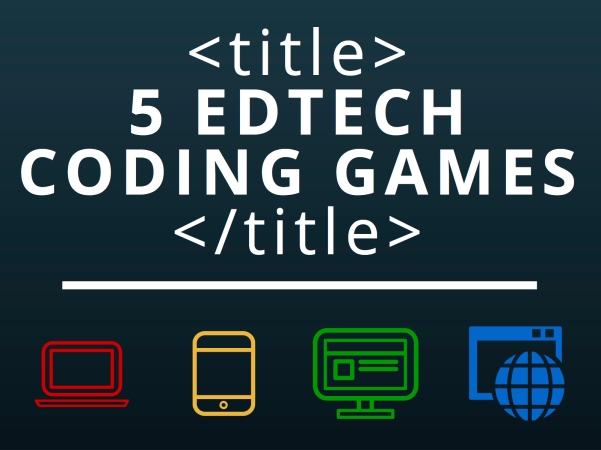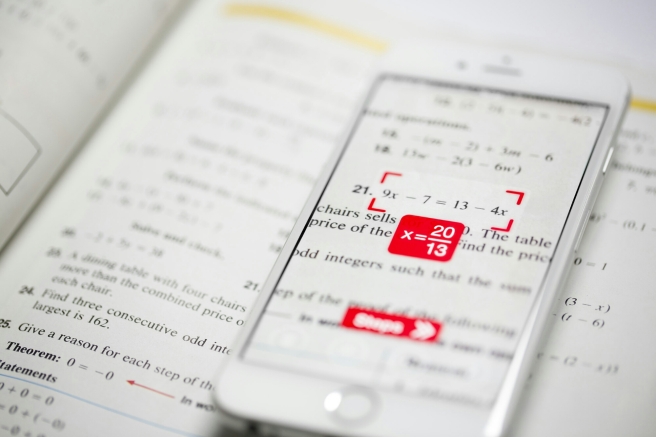Today I will share five games that teach players programming concepts through game-based learning. Some of the advantages of learning through gaming include promoting active learning and building problem-solving skills.
Playing to learn
Most video games encourage players to learn in order to advance in the game. When a player first starts a game they need to learn how to control and manipulate different elements in the game such as a character or various game pieces. Then they will need to formulate strategies to complete a goal for a level in order to move on. If a player fails to complete the level’s objective they would need to learn from their mistakes, rethink their strategy, and try again.
Once a player reaches the next level they will need to repeat the process. Every level increases in difficulty which keeps players on their toes. Players are encouraged to complete these increasingly challenging levels through internal game rewards. These rewards can include game points, new levels, or continuing the game story.
These are just some ways gaming can engage and promote learning. The educational games listed all use these game-based learning elements to make teaching programming fun and engaging.
Here are 5 Coding games to get you started:
Code Combat
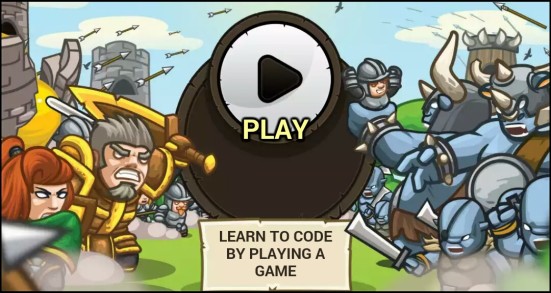
What this Resource Includes: Games Levels, Game Community Forum
Subjects: Programming
Grade Level: 3-12
Audience: Learners
Platform: Web-based
Price: Free
What it does well: CodeCombat is an RPG game where players write code in order to control their characters. The game promotes learning code through writing actual strings of code! The forums are a great resource for learners who may get stuck during the game.
Doctor Who: The Doctor and the Dalek
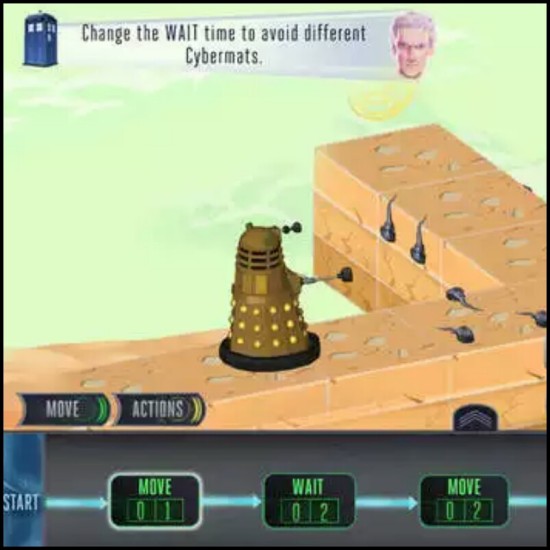
What this Resource Includes: Game Levels, Teacher Resources
Subjects: Programming
Grade Level: 3-12
Audience: Learners
Platform: iPad & Android tablets
Price: Free
What it does well: Doctor Who: The Doctor and the Dalek teach programming concepts by using elements from the show. Fans of the show will definitely get excited about learning code through this game! The BBC website also includes resources for teachers to use.
My Robot Friend
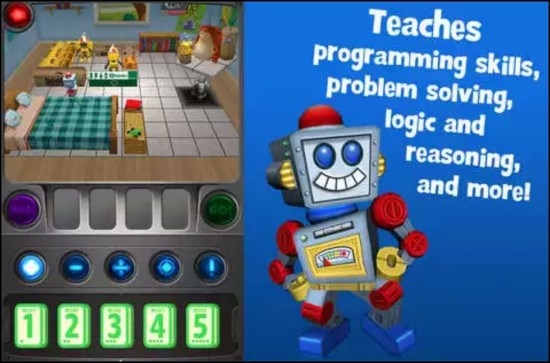
What this Resource Includes: Game Levels
Subjects: Programming, Math, Spelling
Grade Level: K-5
Audience: Learners
Platform: iPhone & iPad
Price: $3.99
What it does well: My Robot Friend is an educational game that covers multiple subjects: math, spelling, and programming. The game helps users build their problem-solving skills by using coding concepts to navigate the robot through each level. There are incentives to complete each level, some of which include achievements, ribbons, and coins to get customizations options for the robot. The game is a great way to introduce learners as young as 5-year-old to programming concepts.
Run Marco!
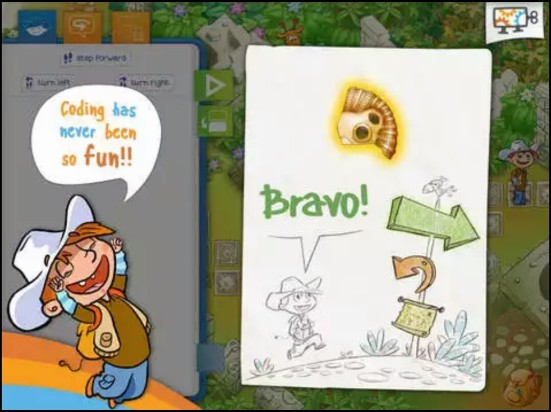
What this Resource Includes: Game Levels
Subjects: Programming
Grade Level: K-5
Audience: Learners
Platform: iPhone & iPad, Android, Google Chrome Extension
Price: Free
What it does well: Run Marco is a game with an original story where players will need to complete levels in order to progress with the story. Players set off on a journey with Marco and control the character through stackable command blocks similar to the ones in Scratch. The game is able to attract an international audience because it is available in 17 languages!
Kodable
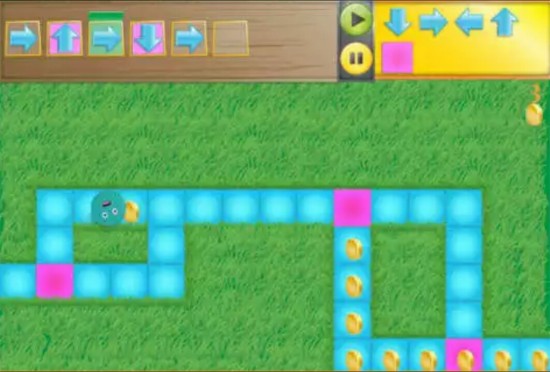
What this Resource Includes: Games Levels, Lesson Plans, Activities, Video Tutorials, Teacher Dashboard,
Subjects: Programming, Spelling, Vocabulary
Grade Level: K-12
Audience: Learners & Teachers
Platform: iPhone & iPad
Price: Freemium
What it does well: Kodable is a game that includes great features and resources for teachers. This game is great for young learners to start getting familiar with programming concepts. Teachers can view a student’s progress in the game through a dashboard. Through the dashboard, teachers can add multiple students, view their learning progress, and see which Common Core standards were met. Kodable
For more edtech resources for learning how to code check out the Coding Edtech Resources Pinterest board (which will always be updated with new resources):
http://www.pinterest.com/edtechfunction/coding-edtech-resources/
Do you know of any other Coding edtech games? Share them with the rest of the class by commenting below!
Until next time, keep learning everyone.

